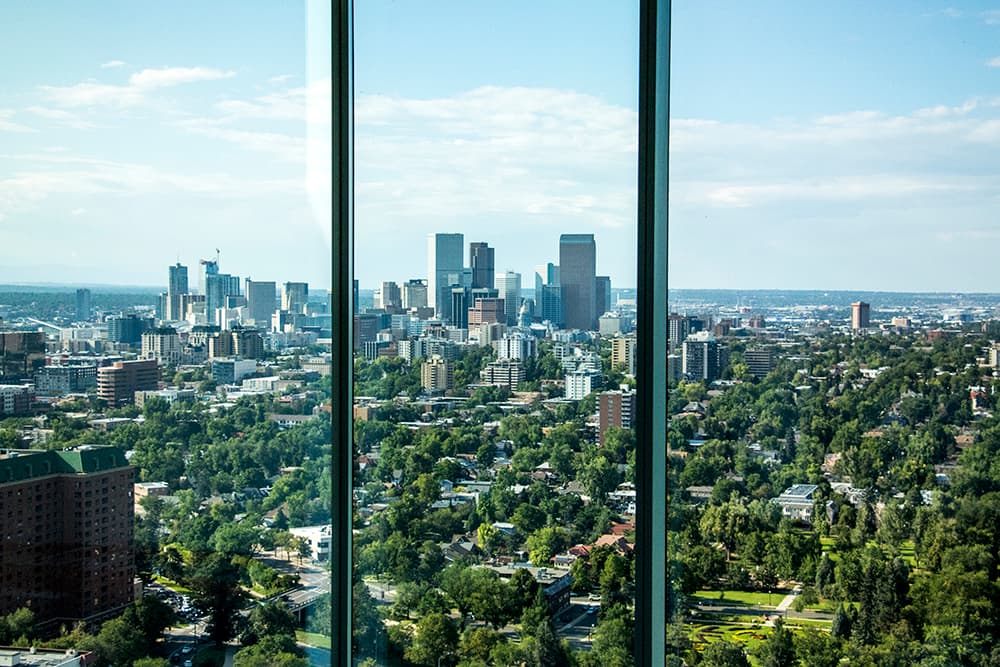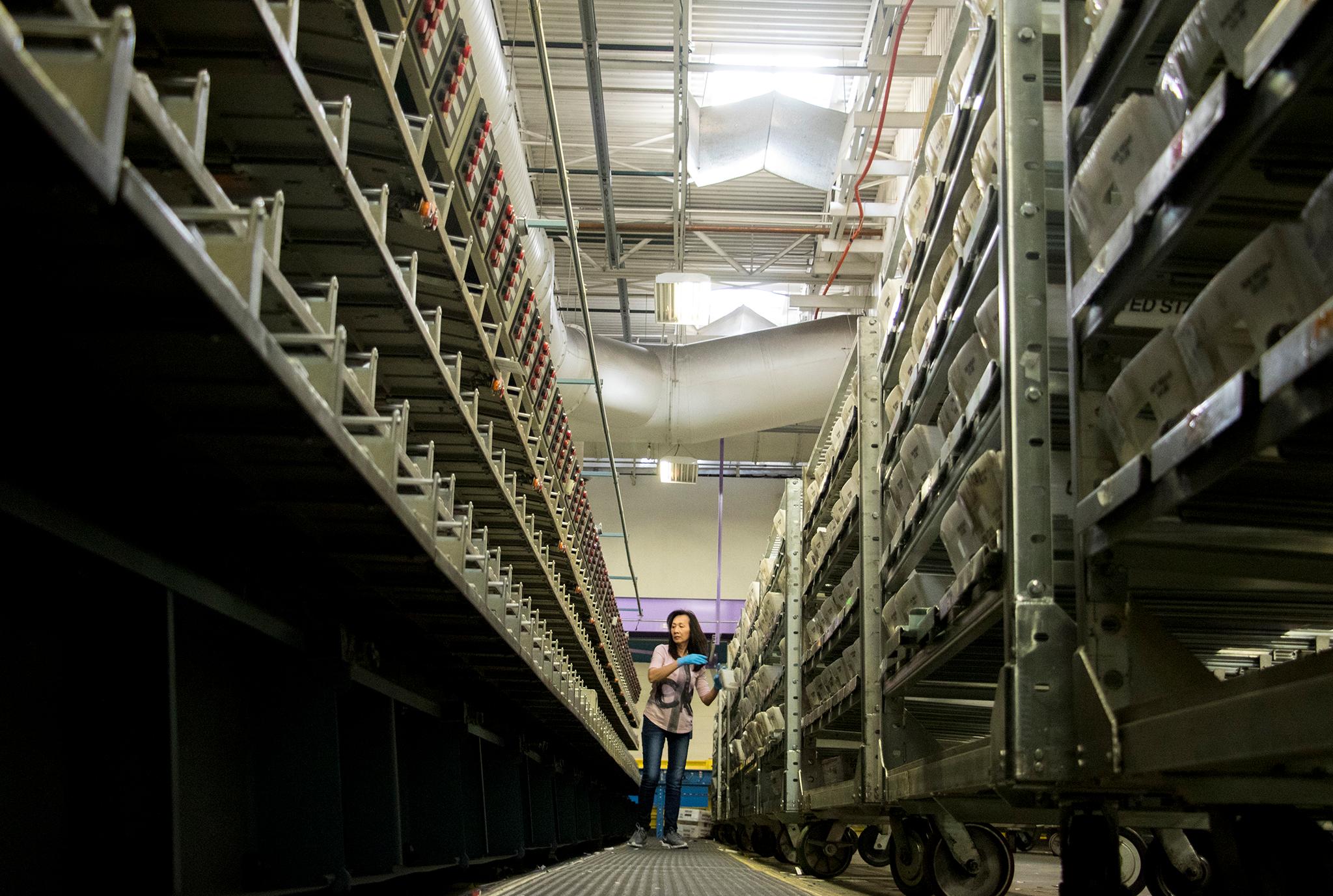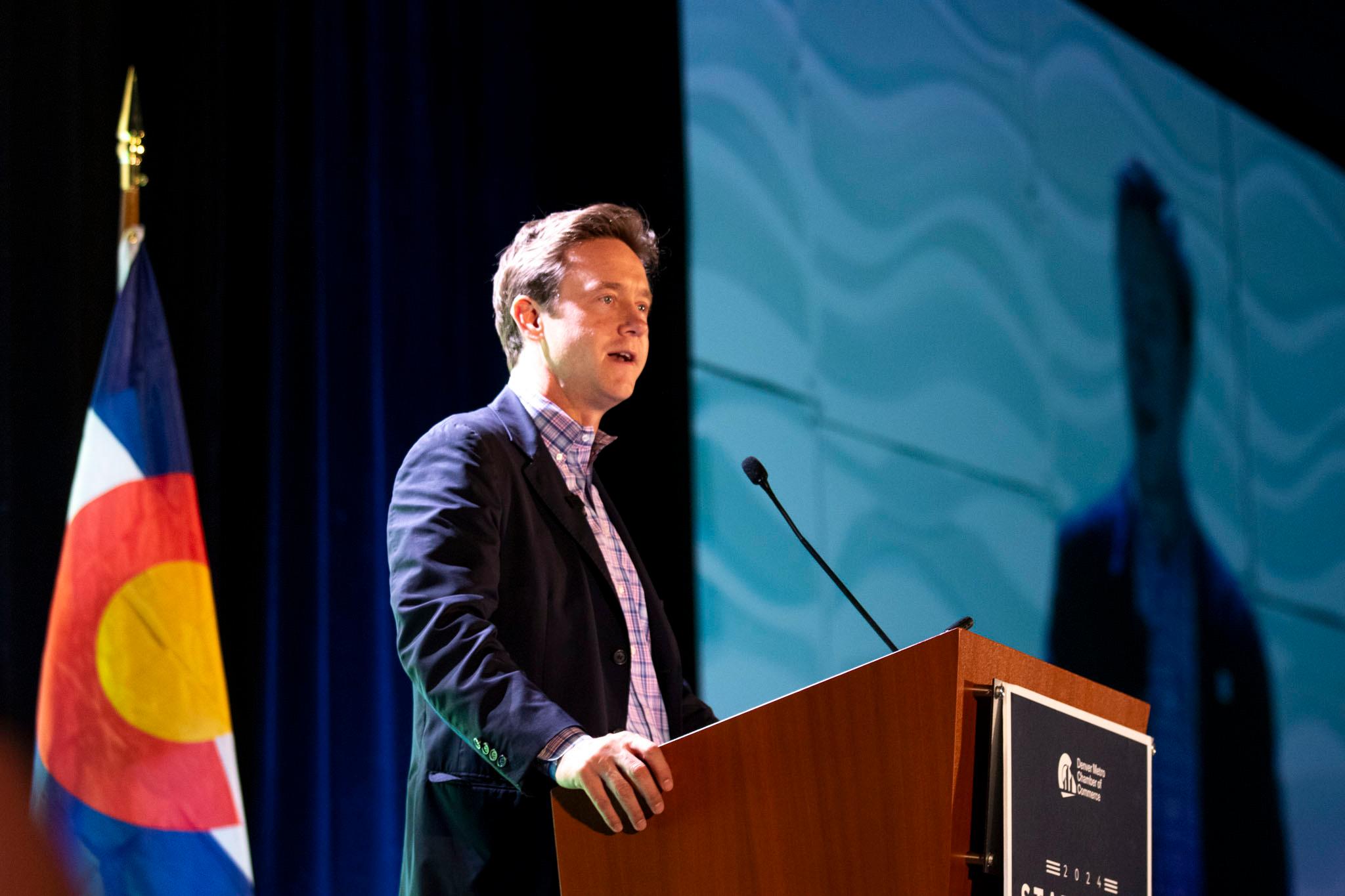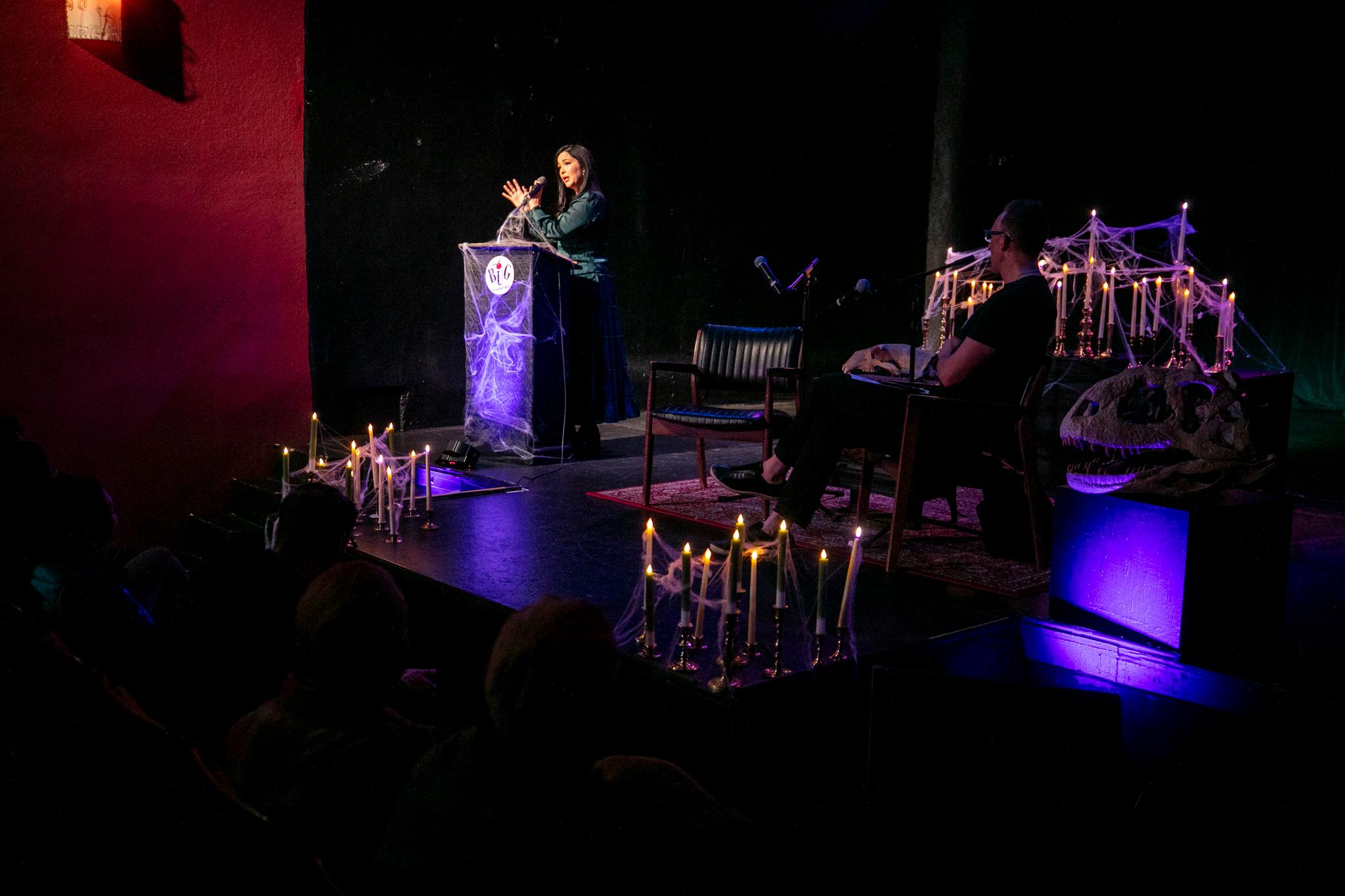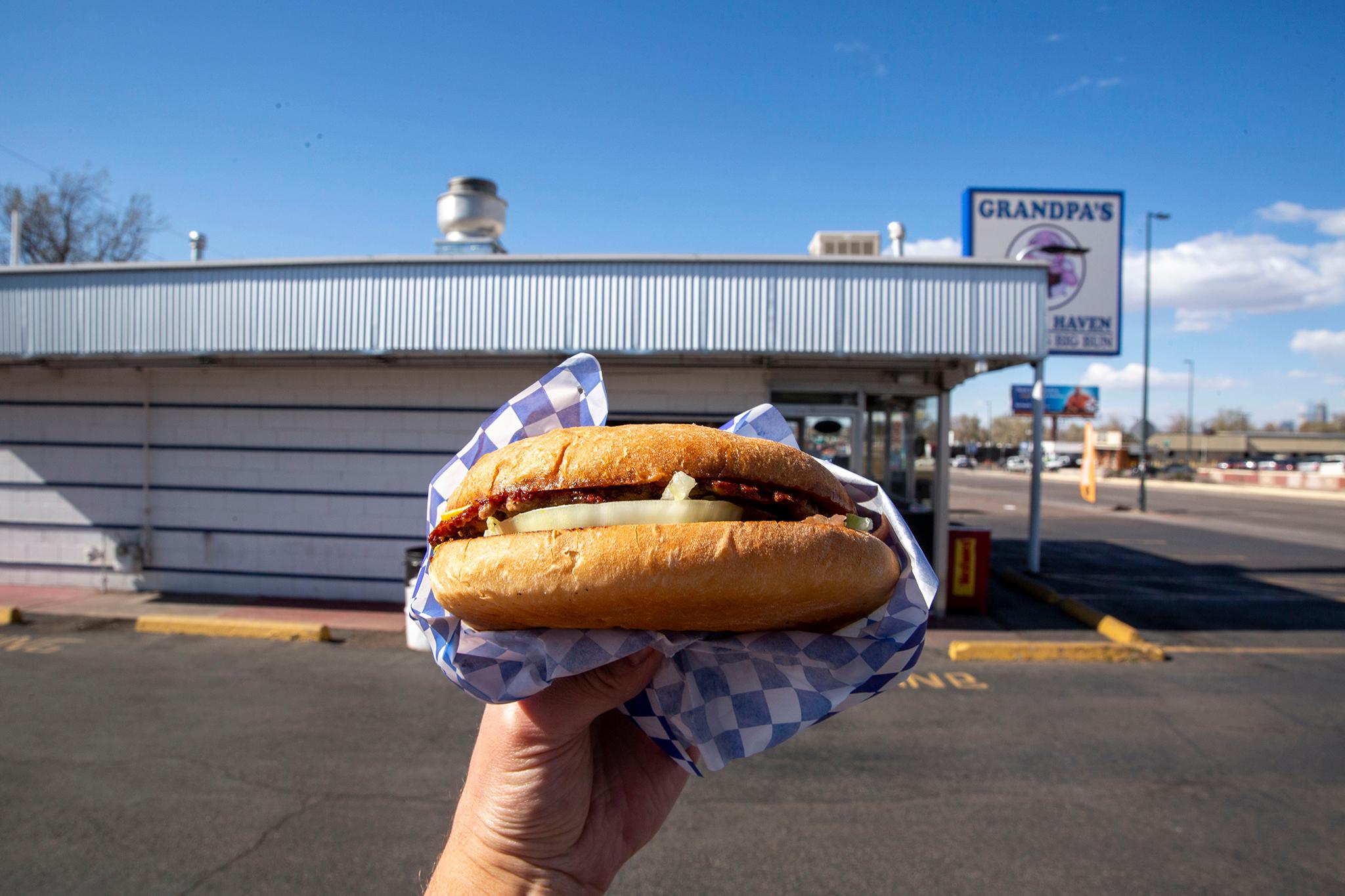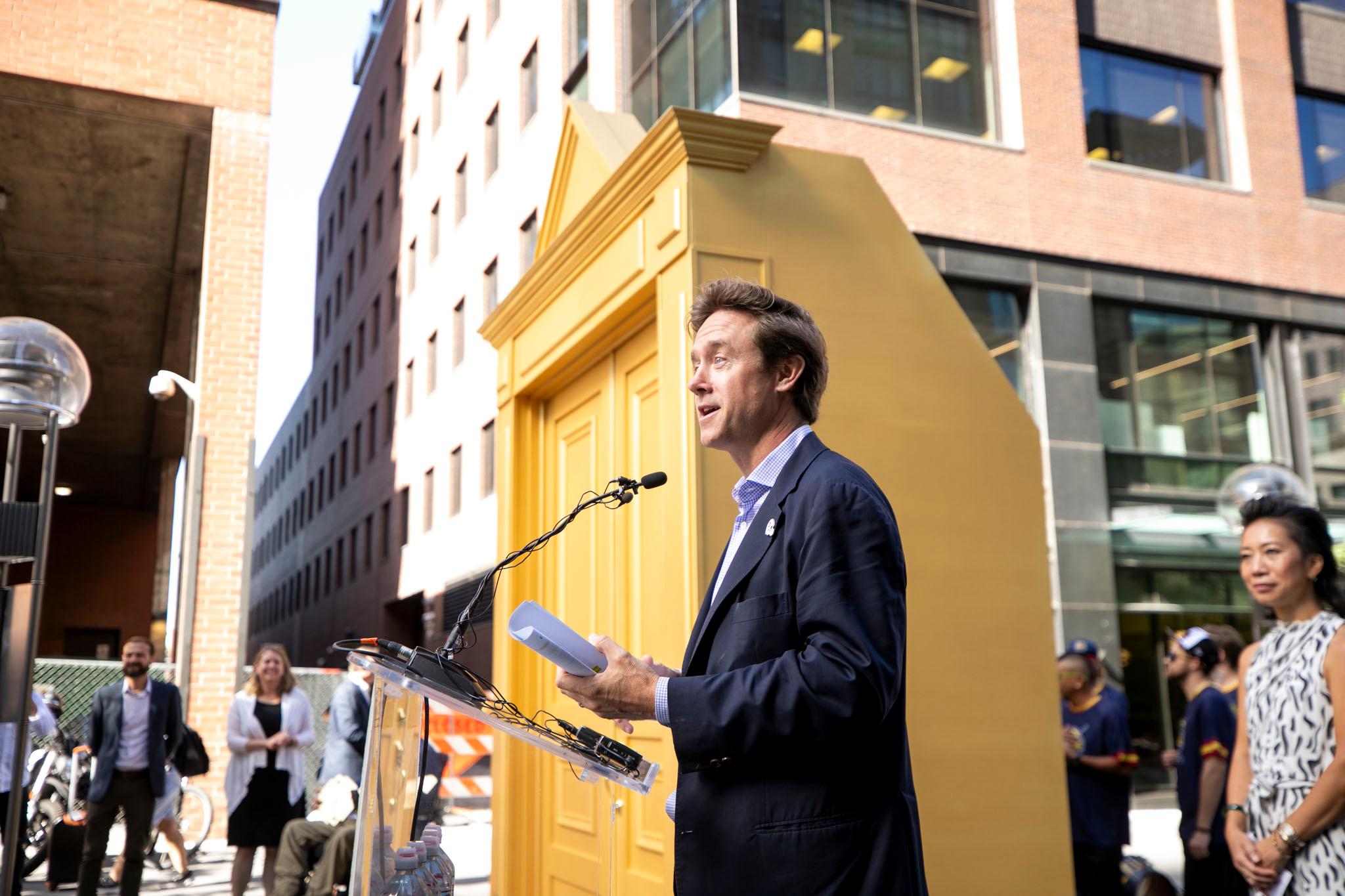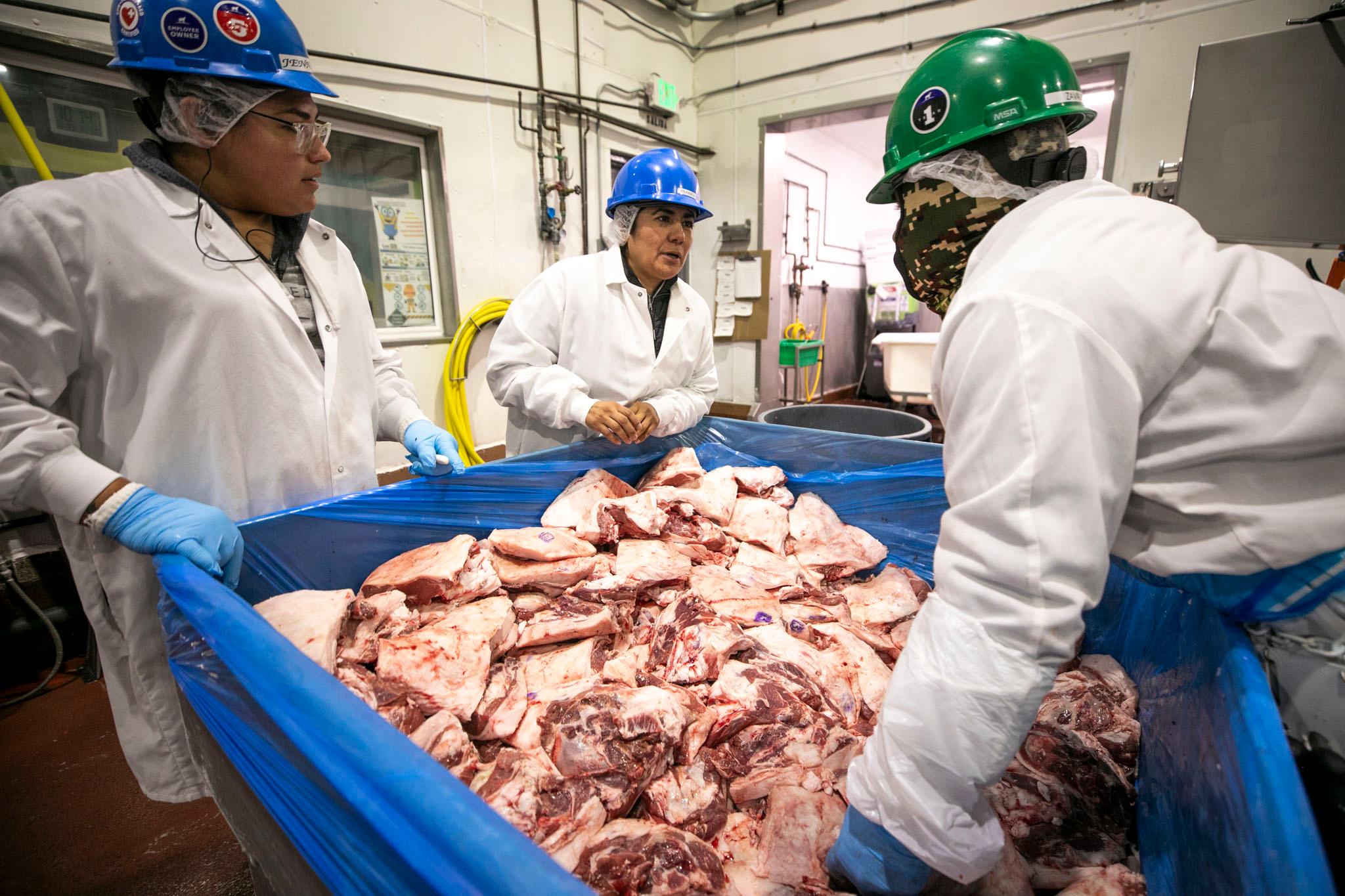Update: The Denver City Council gave final approval for this new program in an 11-1 decision with Councilman Kevin Flynn voting against. Councilwoman Mary Beth Susman was absent from the vote.
"These are units that are available today, that can put people who need housing into housing immediately," said Councilwoman At-large Debbie Ortega.
Nearly a year after it was announced, Denver is ready to launch a program that will help people pay their rent -- but some elected officials still don't love it.
The Denver City Council approved $1.1 million for the new LIVE program, and planners are expecting up to $400,000 more from employers and institutions.
First, what is it?
That money will help pay the rent for an estimated 125 families over two years. The households will pay about 35 percent of their household income toward rent, and the families must have jobs.
The city program will pay the rest of the rent to the landlord, with "reasonable" limits on cost. The maximum rent might be about $2,200 for a two-bedroom in downtown, and it would be lower for a cheaper area.
The program is only for people earning between 40 and 80 percent of the area median income -- a max of about $72,000 for a family of four.
So, for example, a single person making $38,000 might find an apartment for $1,500 a month. The program would cover about $400 of that cost.
The renters will also get a benefit at the end: About 5 percent of each family's total rent will go to a savings account, which they can use for housing costs or workforce training. (It comes with financial and housing counseling, too.)
Later, the program could get more funding from companies who want to create benefits for their employees, but the LIVE program also is open to the general public.
So far, landlords in 22 different ZIP codes have shown interest in the program.
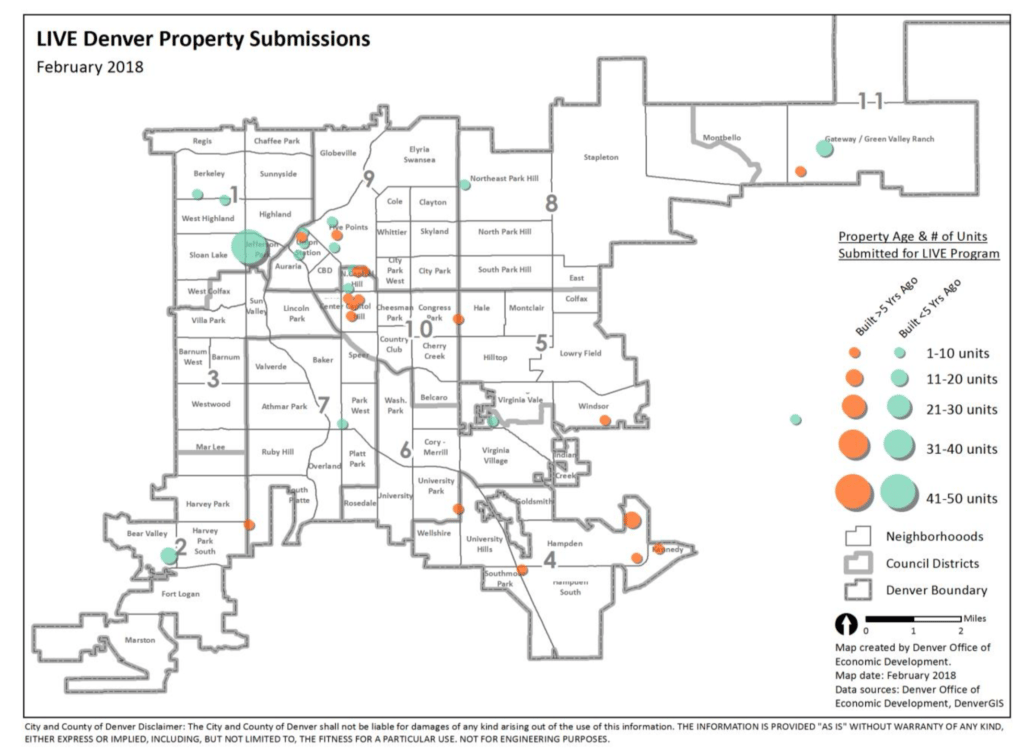
What did they say?
The council signaled its approval of the program in a 10-1 initial vote.
Councilman Kevin Flynn voted against it, while Councilman Rafael Espinoza abstained. Councilman Paul Kashmann was absent.
Flynn made a philosophical (and economical) argument against the idea: He said that the city would be keeping rents artificially high.
"I don’t believe we will ever have affordable rents in this city as long as we continue to fill vacant apartments with subsidies," he said. If properties have vacant units, he said, they should simply lower their rent.
Flynn was responding to the idea that the program was meant to fill vacant luxury apartments with low-income renters, which dominated early media coverage.
Other council members shared some heartburn, but Councilwoman At-large Robin Kniech said it was worth the risk.
"It is a risk that it will reward market behavior of high pricing," she said. But she pointed out that it could help a new set of people, and that similar programs already exist.
(In fact, about 7,000 people in Denver already pay their rent with help from the federal Section 8 program, which works on a similar model.)
Kniech also criticized the planning process, saying it had debuted in a "very political and media-oriented fashion," without enough input from residents and council members. (The program was originally announced in connection with the mayor's Office of HOPE.)
Councilwoman Kendra Black said it was a simple decision. "It will be helping 125 families who don’t have a place to live," she said.
Some of the potential landlords are in her section of south Denver, she said, adding that they "are in no way luxury apartments." And the program would be far too small to affect the housing market, she said.
Council President Albus Brooks said the program would help to ease the housing crisis while new units are built. And the program would help to create economic diversity in some areas, Kniech said.
"We need units now," Brooks said. "We need them right away."

